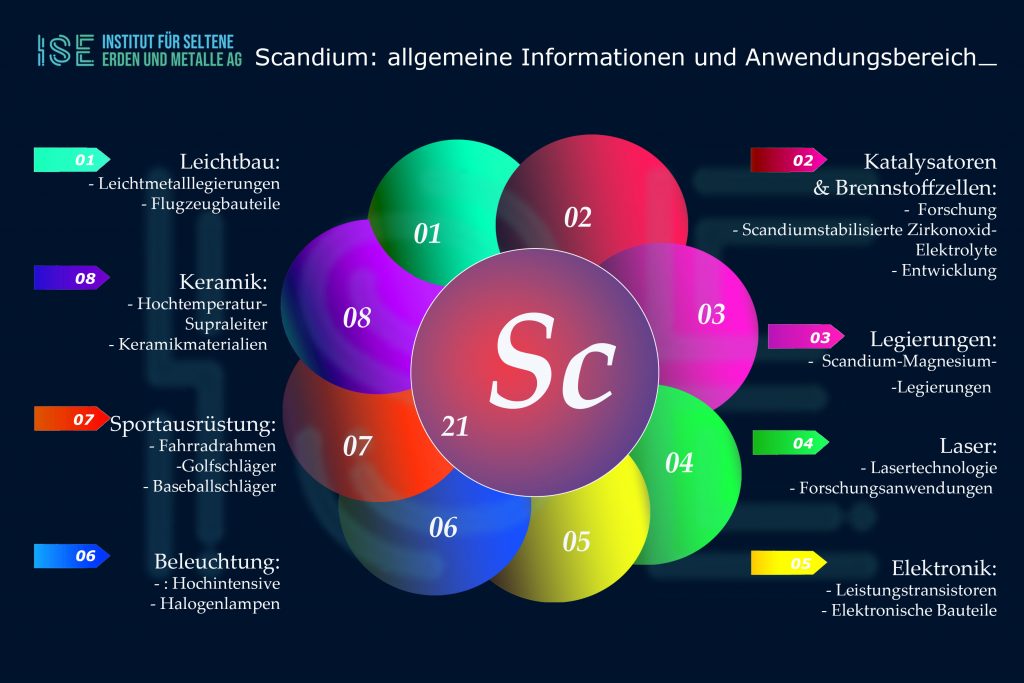FROM Felix Lee 13. MAY 2014 TO 13: 57 CLOCK
The dependence of the West on China is difficult to reduce in some areas. This is clearly visible on the example of the rare earths: China had announced to 2011 to significantly reduce exports of raw materials. The People's Republic, which at the time served more than 95 percent of the world's demand for the coveted high-tech metals, claimed a larger domestic demand for its domestic industry. The prices shot up. The European Union, Japan and the US filed a complaint with the World Trade Organization (WTO), They saw it as a violation of the agreed world trade rules.
At the same time, the dispute revealed the quasi-monopoly of the Chinese over rare earths and how dependent the rest of the world has made on the People's Republic. The USA, Japan, the EU and other countries promised not to leave the mining of the metals required for the manufacture of most high-tech products to China alone, but to quickly switch to their own mining again. But not much has happened since then.
The rare earths are a group of chemical elements. They are needed for just about every product that has to do with modern electronics. Smartphones contain these metals as well as flat screens, computer boards, microchips, as well as wind turbines and modern weapons. Contrary to their name, these metals are not really rare, but in many countries certainly exist. But the extraction is considered labor intensive and leaves poisonous garbage. Most industrialized countries had closed down their mines after China massively expanded its production during the 1990s and provided its rare earths cheaply to the rest of the world. This explains China's world market share of about 95 percent - until just three years ago, Beijing restricted exports.
It is true that the WTO Arbitral Tribunal has now confirmed that the industrialized countries are right. It found in March that China's export restrictions violated the agreed world trade rules. But the effects are likely to be low. The Mercator Institute for China Studies (Merics), which was recently founded in Berlin, believes that much time will pass, if at all, until the decision is actually implemented. It would not be the first time that China opposes WTO judgments and has no consequences.
At the same time, however, the diversification promised by the industrialized countries has failed to materialize. The US company Molycorp has resumed operation of an old mining site in California's Mountain Pass. Malaysia has been processing ore for a year, from Australia. And geologists have located hundreds of new resources worldwide in recent years. The Center for European Economic Research (ZEW) estimates that for at least part of these metals, the more common so-called light rare earths, the production volume will be significantly expanded in the next three years outside of China. In addition, more and more is recycled worldwide.
But the vigor in building new sites outside of China has already slackened significantly. Due to the persistently weak global economy and the recent decline in demand for metals, including in China, prices have almost reached the pre-2011 level again. However, this takes the pressure off of putting new mining sites into operation, which also extract the heavy rare earth elements. For these metals, the ZEW assumes that China will be able to maintain its monopoly position until at least the end of the decade. Currently, around 90 percent of world production of all rare earths still comes from China.
In particular, the construction of mines with a high proportion of heavy rare earths should therefore be accelerated quickly. According to previous experience, the construction of such sites takes between ten and fifteen years. That's too long. Not least the energy transition in Germany, but also the efforts of other countries to increase their focus on electromobility and other new environmental technologies, are likely to fuel demand for rare earth metals very soon. These projects could become even more expensive, if China also determine the pricing policy beyond 2020.

